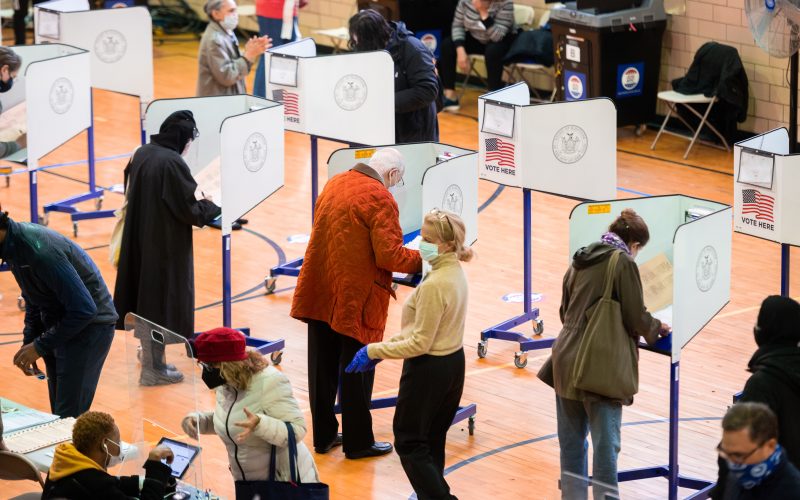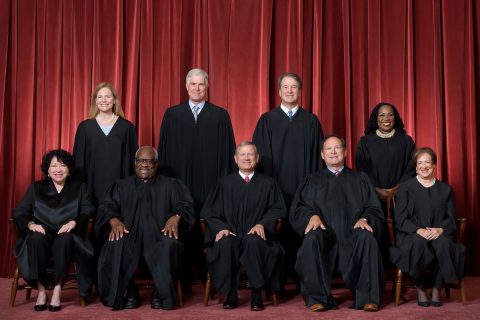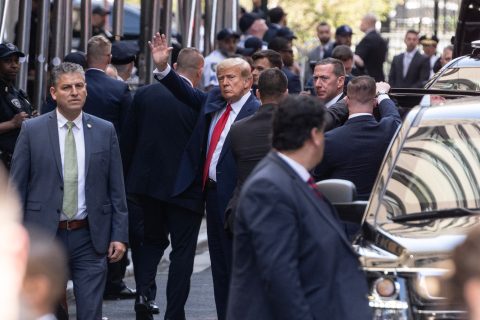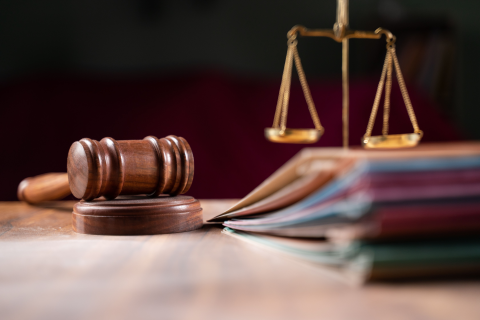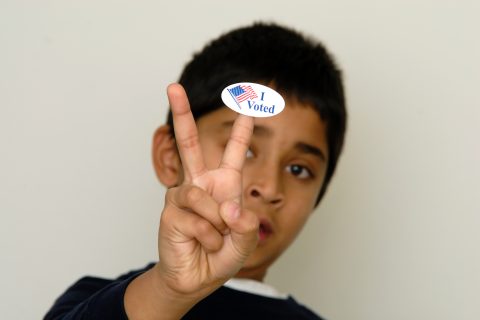As the Supreme Court has chipped away at the Voting Rights Act, renewed calls have been made for ways to protect all Americans’ right to vote. Richard L. Hasen is professor of law and political science at UCLA and director of UCLA Law’s Safeguarding Democracy Project. He joins host Krys Boyd to discuss why he feels we need a Constitutional amendment guaranteeing the right to vote, and why leaving it to the courts to decide who can vote is a bad idea. His book is “A Real Right to Vote: How a Constitutional Amendment Can Safeguard American Democracy.”
Your right to vote is more precarious than you think
By Shaunessy Renker, Think Intern
We have a long history of amending the U.S Constitution to expand eligibility so that women, people of color, and people at least 18 years of age can cast a ballot. But the document doesn’t explicitly say that every American citizen has the right to vote and this is increasingly proving to be a problem.
This democratic freedom has been hindered by leaving the responsibility with federal courts to decide whether convicted felons, for example, should be able to vote. Richard L. Hasen, author of “A Real Right to Vote: How a Constitutional Amendment Can Safeguard American Democracy” says that deciding on who has the right to vote becomes an increasingly complicated decision and many Americans fear that more citizens won’t be able to participate in this essential part of our democracy.
“We have a really decentralized system for our elections,” says Hasen. “The Constitution still says that states get to set the qualifications for running federal elections, they have more freedom when it comes to state and local elections.”
Hasen says that American citizens who are non-felons and at least 18 years old have the right to vote, but that doesn’t mean that states can’t restrict that right. They can put rules in place for registration and requirements for identification that aren’t explicitly disenfranchisement but might make casting a ballot burdensome.
Hasen fears that the precedents we have set for voting could be in danger because of today’s Supreme Court. “This court has a very different view as to how to read the Constitution,” Hasen says. “They have much more of what we call an ‘originalist’ reading as opposed to a living constitutionalism—that means if we don’t put these rights in the Constitution itself, they could be reversed some time down the line by the Supreme Court.”
State legislatures have the power to determine voter eligibility, but the Supreme Court can overrule that power, which could be cause for concern. Hasen says during the 2000 presidential race between George W. Bush and Al Gore the Supreme Court resolved the disputed election and reminded Americans that according to the first version of the Constitution, citizens had no right to vote for presidents. Even though voters were given that right by state legislatures, that right could be taken away by the Supreme Court at any time during future elections by reshaping the law.
“So things are much more precarious about the right to vote than people recognize,” Hasen said.

